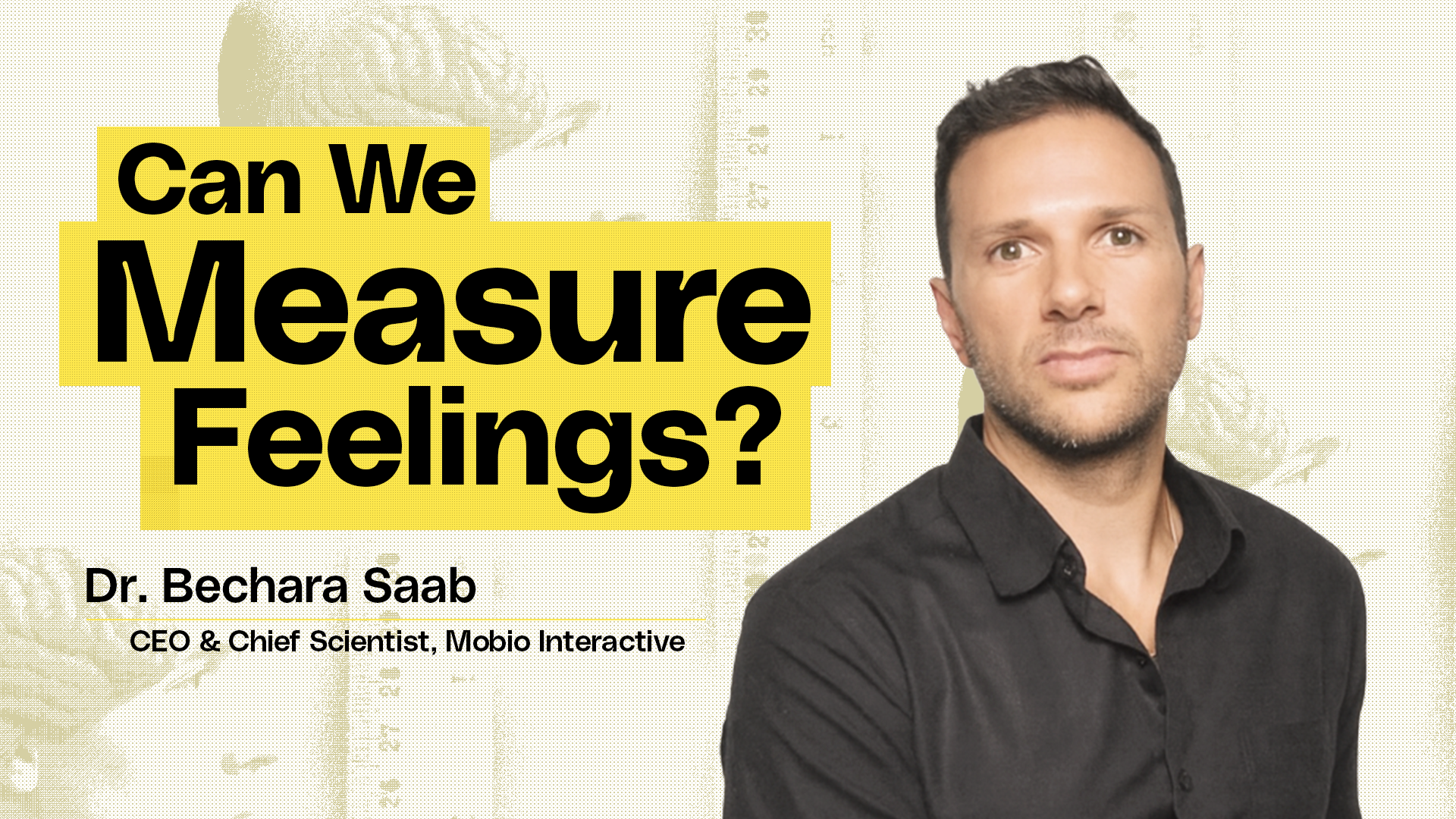

The life course perspective or life course theory (LCT) is a multidisciplinary approach to understanding mental, physical, and social health. Previous studies demonstrated that current health is shaped by earlier exposures (even decades before) to physical, environmental, and psychosocial factors.
The Vietnam Health and Aging Study looked into the health outcomes of 2447 individuals aged over 60 years living in Northern Vietnam, who lived through the American War (known as the Vietnam War in America).
The study found that potentially traumatic war experiences earlier in life posed a greater risk of worse health outcomes in later life. Specifically, greater exposure to three types of war trauma (of the four types examined)- death and injury, stressful living conditions and/or fearing death, were associated with a long list of outcomes, including worse self-assessed health, greater comorbid conditions, somatic symptoms, pain severity, mental distress, functional limitations, reduced cognition and current post-traumatic stress symptoms.
In their analysis, witnessing death and injury and stressful living conditions are most robustly associated with poor later-life health enduring impacts.
They found no significant differences between those who served in the military and those who did not. Both groups demonstrated worse health outcomes with increasing exposure to traumatic wartime events.
They also found no significant differences between men and women.
In fact, other studies are saying the same. First-hand exposure to war is an important determinant of health. Drawing insights from previous experiences of wars, health systems are meant to better prepare for the anticipated burden of health. These are important lessons that we’ve learned from the hardship of the past generation. They are meant to help us recover faster from these unfortunate humanitarian crises. Health planning for the later life health burdens of those currently affected by war should start now.
Don’t miss out
Don’t miss out!








